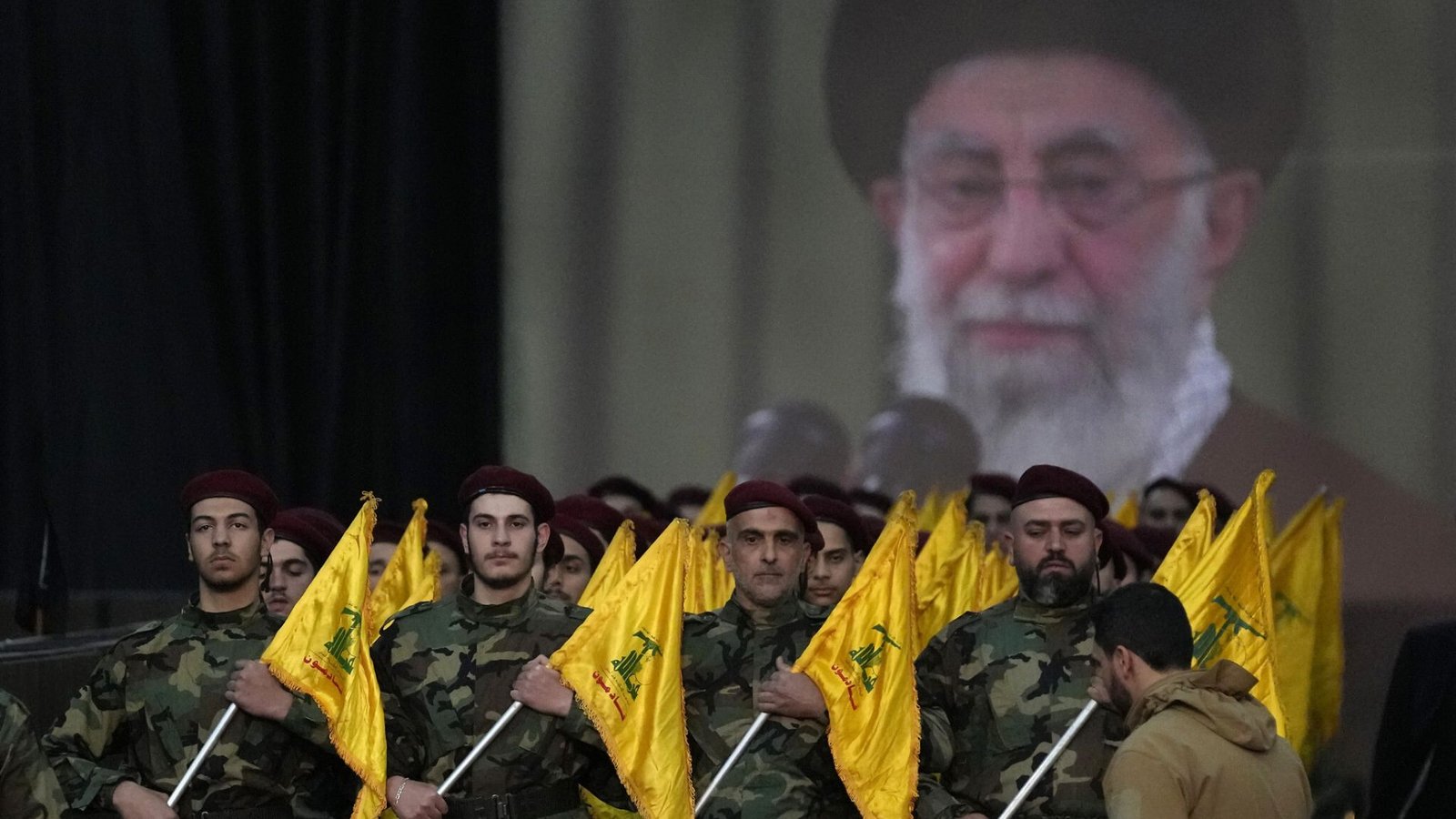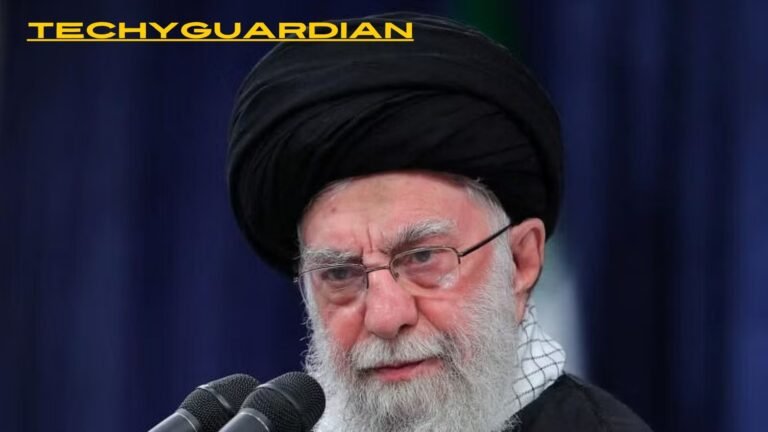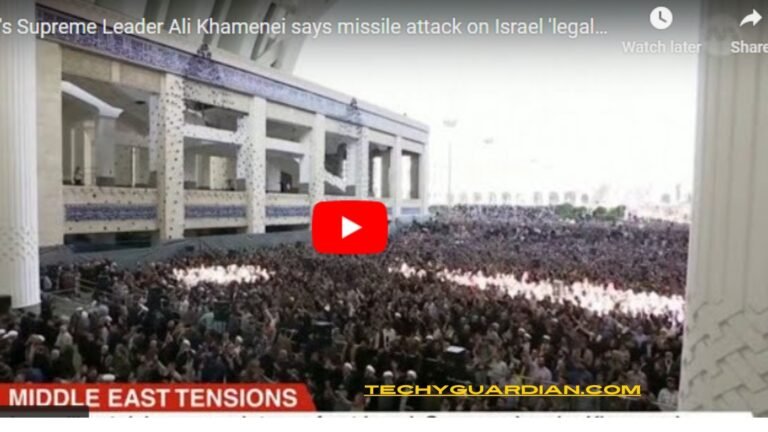
A New Front in the Lebanon-Israel Conflict
The ongoing Israel-Hezbollah conflict has taken a significant turn with the involvement of Iraqi resistance forces. In a development that could alter the balance of power in the region, various Iraqi militias, backed by influential groups within Iraq, have announced their participation in the war, standing in solidarity with Hezbollah. This new front not only increases the scale of the conflict but also poses a considerable challenge to Israel’s military strategy, as it now faces multiple threats across its borders.
The entrance of Iraqi resistance forces marks a pivotal moment in this regional struggle, further complicating the already tense and volatile situation between Lebanon and Israel.
Hezbollah Celebrates the Iraqi Involvement
For Hezbollah, the arrival of Iraqi resistance forces is seen as a significant victory. The militant group, which has been fighting Israel for years, has hailed the new alliance as a testament to the unity of the region’s anti-Israel factions. Hezbollah’s leadership has celebrated the support, indicating that the joint efforts of these groups would make it more difficult for Israel to sustain its military campaign in Lebanon.
Hezbollah’s Secretary-General, Hassan Nasrallah, has reportedly called the involvement of Iraqi resistance a “turning point” in the conflict, expressing confidence that their combined strength will overwhelm Israeli defenses. With the backing of Iraqi militias, Hezbollah’s capacity to launch more coordinated attacks on Israel may be greatly enhanced.
Iraqi Resistance: A Growing Threat to Israel
Iraqi militias, many of which are part of the Popular Mobilization Forces (PMF), have long been aligned with Iran, a major supporter of Hezbollah. These forces are known for their battle-hardened experience, having fought in both the Iraq War and against ISIS. Their entry into the Lebanon-Israel conflict introduces a new layer of complexity, as Israel now has to contend with another formidable group in addition to Hezbollah.
The Iraqi resistance brings with them advanced weaponry, including long-range missiles and drones, potentially broadening the scope of attacks on Israeli territory. While Hezbollah has largely concentrated its attacks on northern Israel, the involvement of Iraqi forces could mean a broader offensive, threatening more significant portions of Israel’s security infrastructure.
Israel’s Response to the Expanding Conflict
As the conflict widens, Israel is facing an increasingly precarious situation. The Israeli Defense Forces (IDF) have already been stretched by the ongoing clashes with Hezbollah, and now they must prepare for potential attacks from Iraqi militias. Israel has responded by ramping up its military presence along the Lebanese border and fortifying key strategic locations across the country.
The Israeli government has also called for urgent diplomatic efforts to prevent further escalation. However, with the entry of new players into the war, Israel’s military planners are now facing the possibility of a two-front conflict, which could strain their resources and put civilian areas at even greater risk.
Regional Implications: A Broader Middle East War?
The involvement of Iraqi resistance forces raises concerns about a broader regional war. The conflict in Lebanon is no longer just about Hezbollah and Israel; it now involves factions from Iraq and could potentially draw in other actors, including Iran and Syria. This widening of the conflict could destabilize the entire Middle East, sparking new hostilities and deepening existing divisions.
Iran’s influence in the region is a key factor in the recent developments. As a staunch backer of both Hezbollah and Iraqi militias, Tehran may be orchestrating these moves to assert its dominance and challenge Israel’s position in the region. The prospect of a wider conflict is raising alarm among international observers, who fear that the violence could spill over into neighboring countries, drawing the entire region into a full-scale war.
International Reactions: Calls for De-escalation
In response to the growing crisis, international powers have called for immediate de-escalation. The United Nations, along with key Western powers, has urged both Israel and Hezbollah to engage in diplomatic talks and avoid further military actions that could lead to a broader regional war. However, with the entry of Iraqi forces, these calls for peace face significant challenges.
The United States has reaffirmed its support for Israel, condemning Hezbollah and its allies for escalating the conflict. Meanwhile, Russia and China have called for a balanced approach, urging both sides to consider peaceful negotiations. Nevertheless, the rapid escalation suggests that diplomacy may be difficult to achieve in the short term.
The Humanitarian Crisis Worsens
As the conflict continues to escalate, the humanitarian situation in Lebanon is rapidly deteriorating. Thousands of civilians have been displaced, and access to food, water, and medical supplies is becoming increasingly limited. The involvement of Iraqi militias only exacerbates the situation, as their attacks further destabilize the region and create new waves of refugees.
International humanitarian organizations are sounding the alarm, calling for immediate access to the conflict zones to deliver aid. The Lebanese government is struggling to cope with the rising number of casualties and the destruction of critical infrastructure, while the ongoing economic crisis in Lebanon further complicates relief efforts.
What’s Next for Israel and Hezbollah?
With Iraqi militias now entering the fray, the future of the Israel-Hezbollah conflict is uncertain. Israel will need to re-strategize in order to address the growing threats on multiple fronts. Meanwhile, Hezbollah, emboldened by the support from Iraq, may seek to intensify its attacks, putting Israeli cities at even greater risk.
The possibility of direct involvement from Iran cannot be ruled out, further raising the stakes. As the situation unfolds, both sides seem prepared for a long and drawn-out conflict, with little indication that peace will be achieved anytime soon.
Conclusion: A Region on the Brink
The entrance of Iraqi resistance forces into the Lebanon-Israel conflict marks a significant escalation in a war that already has far-reaching implications for the region. With Hezbollah celebrating this new alliance and Israel facing a greater threat than ever before, the conflict has taken on new dimensions that could plunge the entire Middle East into deeper chaos.
The world is watching closely as the situation develops, but with multiple players now involved, finding a peaceful resolution to this complex conflict seems increasingly difficult.
Read More: Lebanon Under Attack: Multiple Killings, Death Toll Rises as Israeli Warplanes Target Hezbollah






1 thought on “Iraqi Resistance Joins Lebanon War: Hezbollah Rejoices, Israel Faces New Threat”